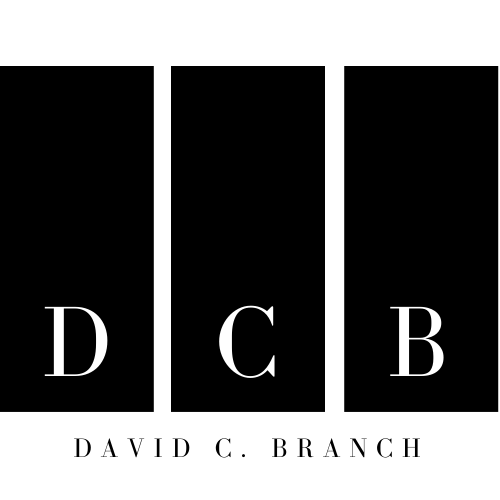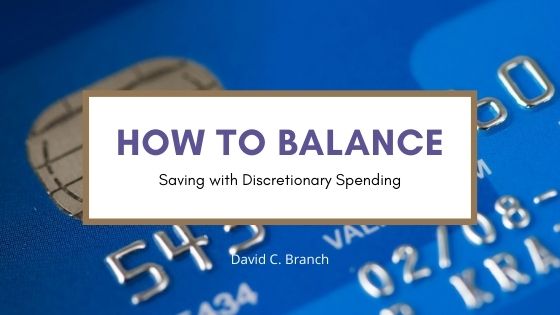A budget is the cornerstone of solid financial planning. Budgets help people know where their money is going, whether it’s the grocery store or their retirement account. An integral part of developing a functional budget is knowing how to balance saving money (for an emergency fund or a Roth IRA, for example) versus using money for discretionary spending. By definition, discretionary spending is money that is spent on non-essential, usually fun things.
It can be very easy to fritter money away in this manner if one is not aware of what is happening or how much is being spent. Fortunately, it is completely possible to balance saving and spending in a way that reaps the most benefits and brings the most joy to one’s life.
The first step is to identify what or how you love to spend your discretionary money. Perhaps you are a bookworm and love to buy new books the day they are released, or maybe you enjoy exploring new restaurants. By recognizing your passion, you can then be intentional about spending money on the experiences that bring you happiness. Experts caution that trying to completely eliminate our desires does not usually work well, but managing them and allowing ourselves the occasional indulgence can greatly enhance our quality of life.
It is important, however, to have boundaries on our discretionary spending, as this keeps it intentional. The aforementioned bookworm might allow herself two new e-books or one new hardcover book per month, and the restaurant aficionado might allow himself $50 for eating out each month. These special occurrences make life special, which is vital for a balanced lifestyle.
Along with practicing intentional spending, there are some basic money rules that should be observed when balancing saving and discretionary spending. It is essential to pay all your basic bills before you commit to any discretionary spending. Things like rent, car insurance, groceries, tuition, and utility bills are a necessary part of life, and you should never ignore them in favor of the fun spending.
Do not use credit cards or take out loans to go on vacations or buy expensive boots; this is poor financial planning. It is possible to have a responsible and joyful life if you make wise decisions regarding your money and how you spend it.

